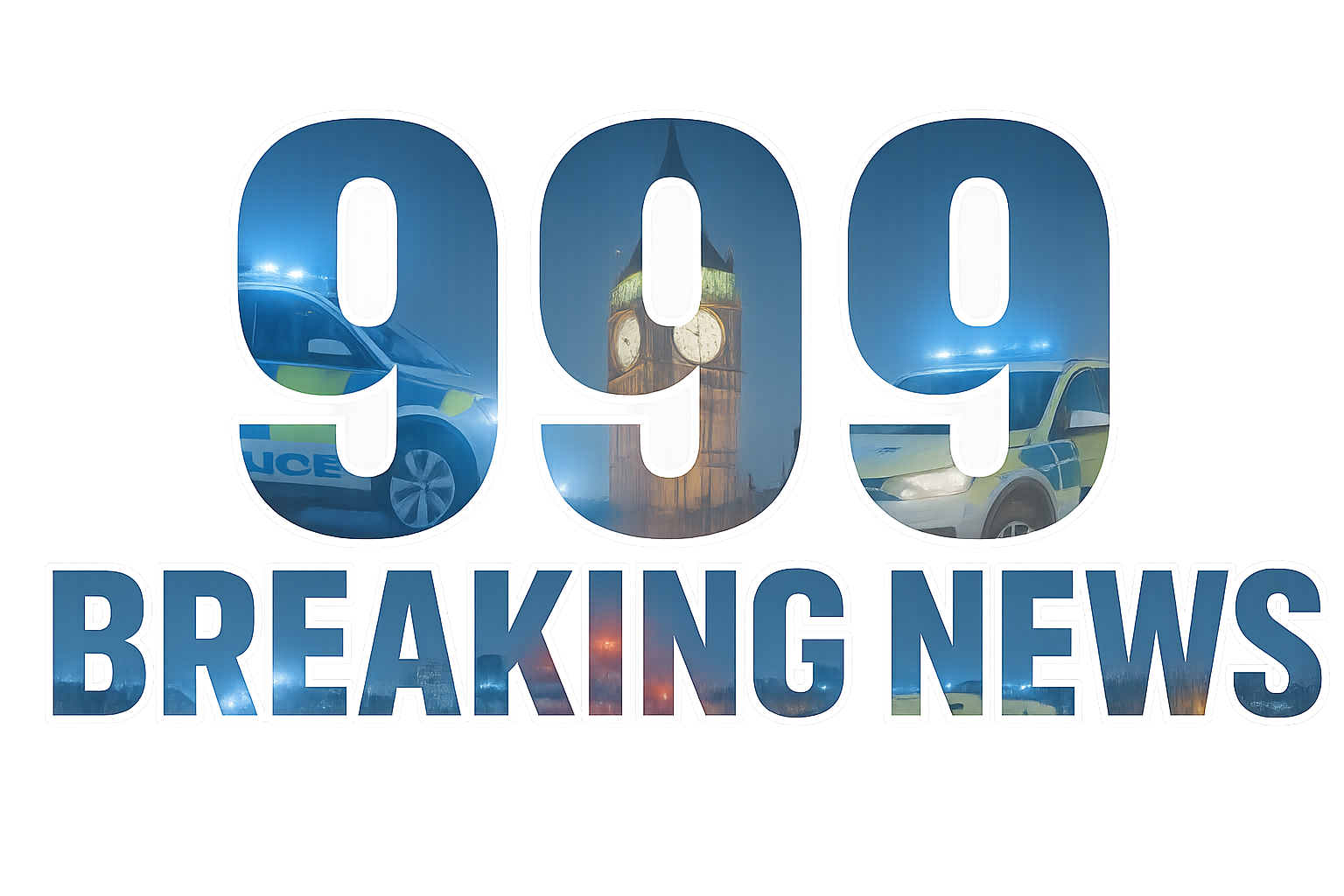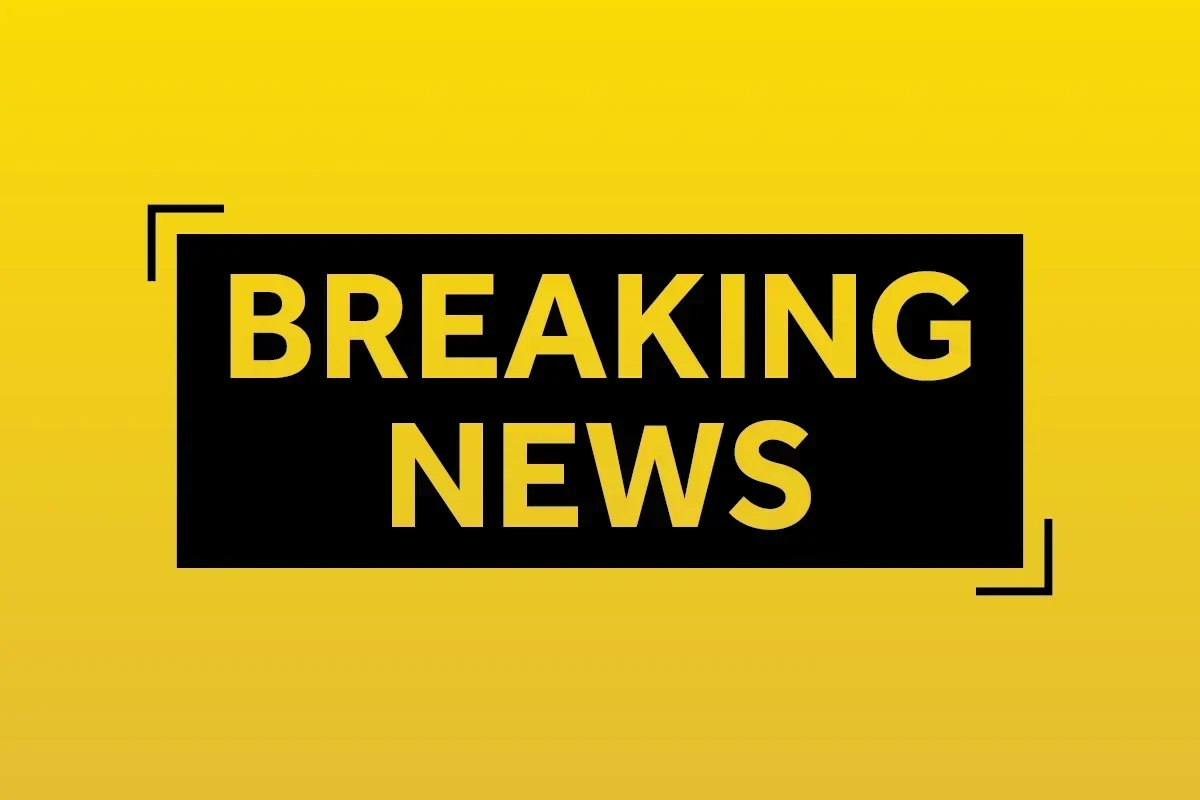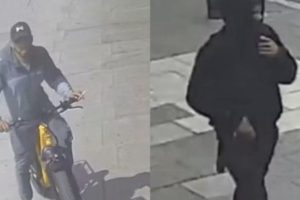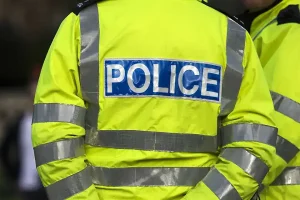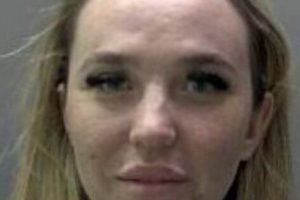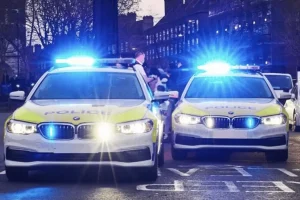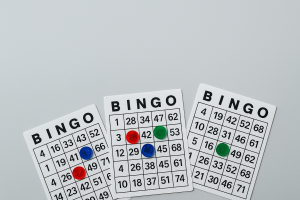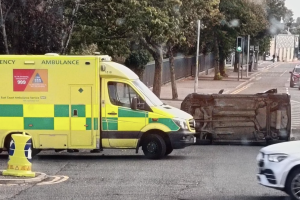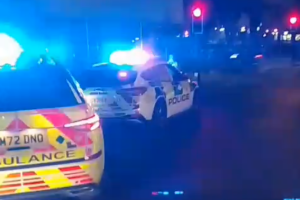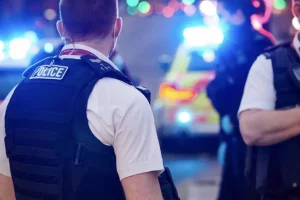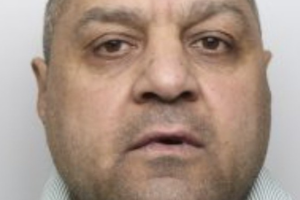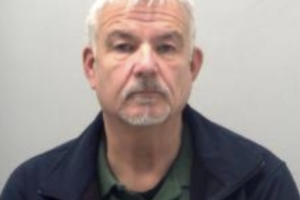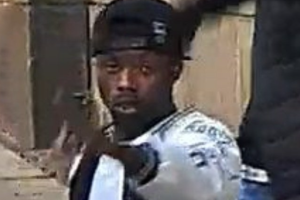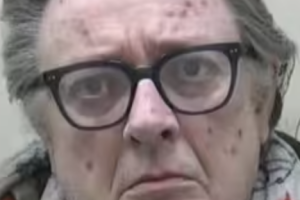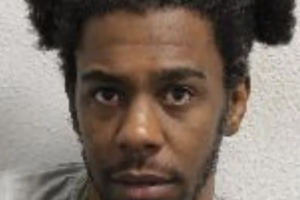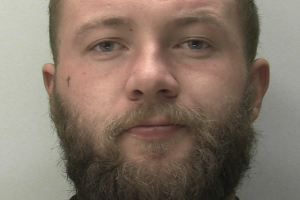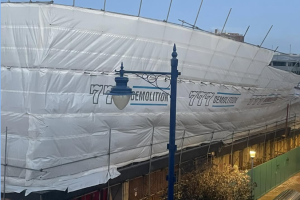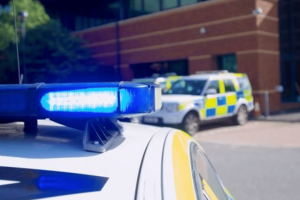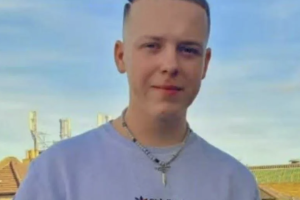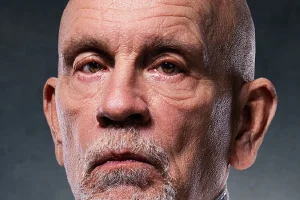The UK government has announced a two-phase statutory public inquiry into the Southport murders, aiming to address the systemic failures that led to the tragic deaths of three young girls. The inquiry, launched today by Home Secretary Yvette Cooper, seeks to provide answers for grieving families and to confront broader issues related to youth violence.
Background of the Tragedy
The horrific incident occurred on 29 July 2024 during a Taylor Swift-themed dance class in Southport. Axel Rudakubana, then 18 years old, attacked and killed three young girls: Bebe King (6), Elsie Dot Stancombe (7), and Alice da Silva Aguiar (9). The attack left eight other children and two adults injured, including dance teacher Leanne Lucas, who bravely shielded her students.
Rudakubana pleaded guilty on 20 January 2025 to three counts of murder, ten counts of attempted murder, and terror-related charges. He was sentenced to life imprisonment with a minimum term of 52 years—one of the longest sentences on record.
Purpose of the Inquiry
The inquiry will examine systemic failures that allowed the tragedy to occur and explore the increasing issue of youth violence. The investigation comes after intense public outcry and political pressure, with calls for greater accountability from public bodies.
Home Secretary Yvette Cooper stated,
“The Southport Inquiry will provide insights into any failings that allowed a young man with a previous history of violence to commit this horrendous attack. We owe it to the victims’ families to fully investigate how this tragedy could have been prevented.”
Phase One: Examining the Lead-Up to the Attack
The first phase will scrutinise the events leading to the attack, focusing on Rudakubana’s interactions with public agencies, including:
- Merseyside Police
- Lancashire County Council
- NHS
- Prevent Counter-Terrorism Programme
Rudakubana had been referred to Prevent three times between 2019 and 2021, after concerns were raised about his interest in violence, school shootings, and extremist ideologies. However, these cases were closed prematurely. A February 2025 review condemned this decision as a failure to assess his cumulative risk.
The phase will also examine six separate police calls related to Rudakubana’s behaviour and his contact with education and social care services.
Phase Two: Addressing Youth Violence
The second phase will expand to address the rising problem of youth violence, particularly the increasing trend of young individuals becoming involved in extreme and violent acts.
Prime Minister Keir Starmer has called for decisive action to confront the emerging threat of “loners, misfits, young men in their bedrooms” engaging in violent acts. Rudakubana’s possession of an al-Qaeda manual and attempts to produce ricin toxin—though not classified as terrorism—highlighted gaps in current risk management frameworks.
The inquiry will also explore the role of social media and online radicalisation, as users on platforms like X have demanded more transparency from the authorities.
Leadership and Public Reaction
The inquiry will be led by Sir Adrian Fulford, a retired appeal judge known for overseeing the Wayne Couzens sentencing and the 2020 Reading terror attack inquest. His appointment reflects the government’s commitment to a thorough and independent investigation.
Public reactions on social media are mixed, reflecting a balance of hope and scepticism. One user expressed relief, stating,
“Finally, some accountability,”
while another questioned the effectiveness of the inquiry, writing,
“Will this actually change anything, or is it just more talk?”
Restoring Trust
The inquiry marks a critical step in addressing public concern and ensuring that lessons are learned to prevent future tragedies. The government has committed to transparency throughout the process, with findings expected to be published in early 2026.
As the community of Southport continues to mourn, the inquiry aims to deliver much-needed answers and justice for the victims and their families.
